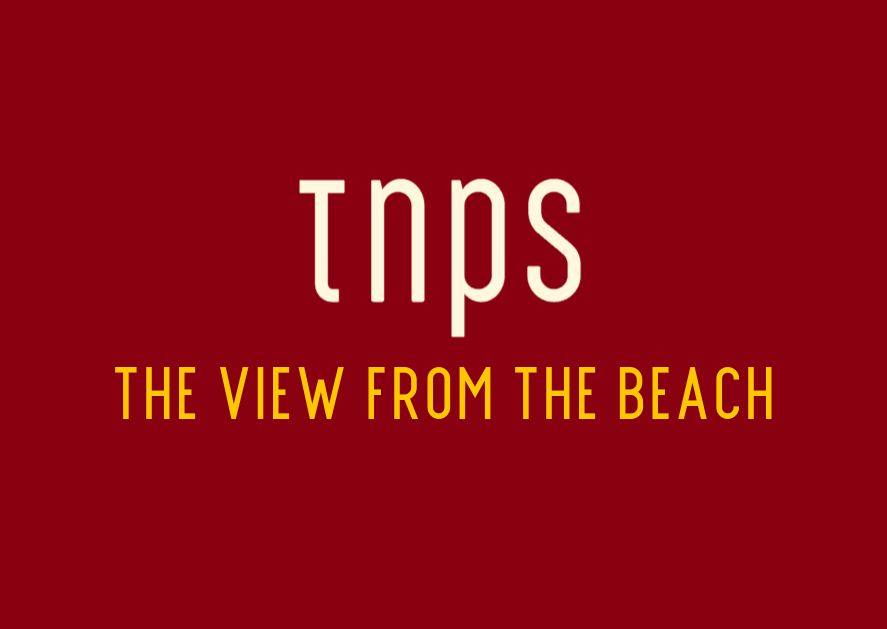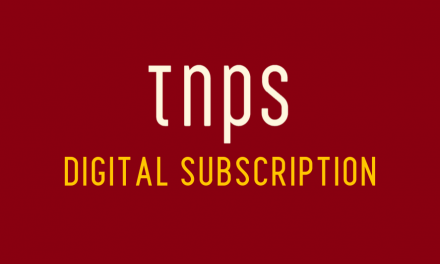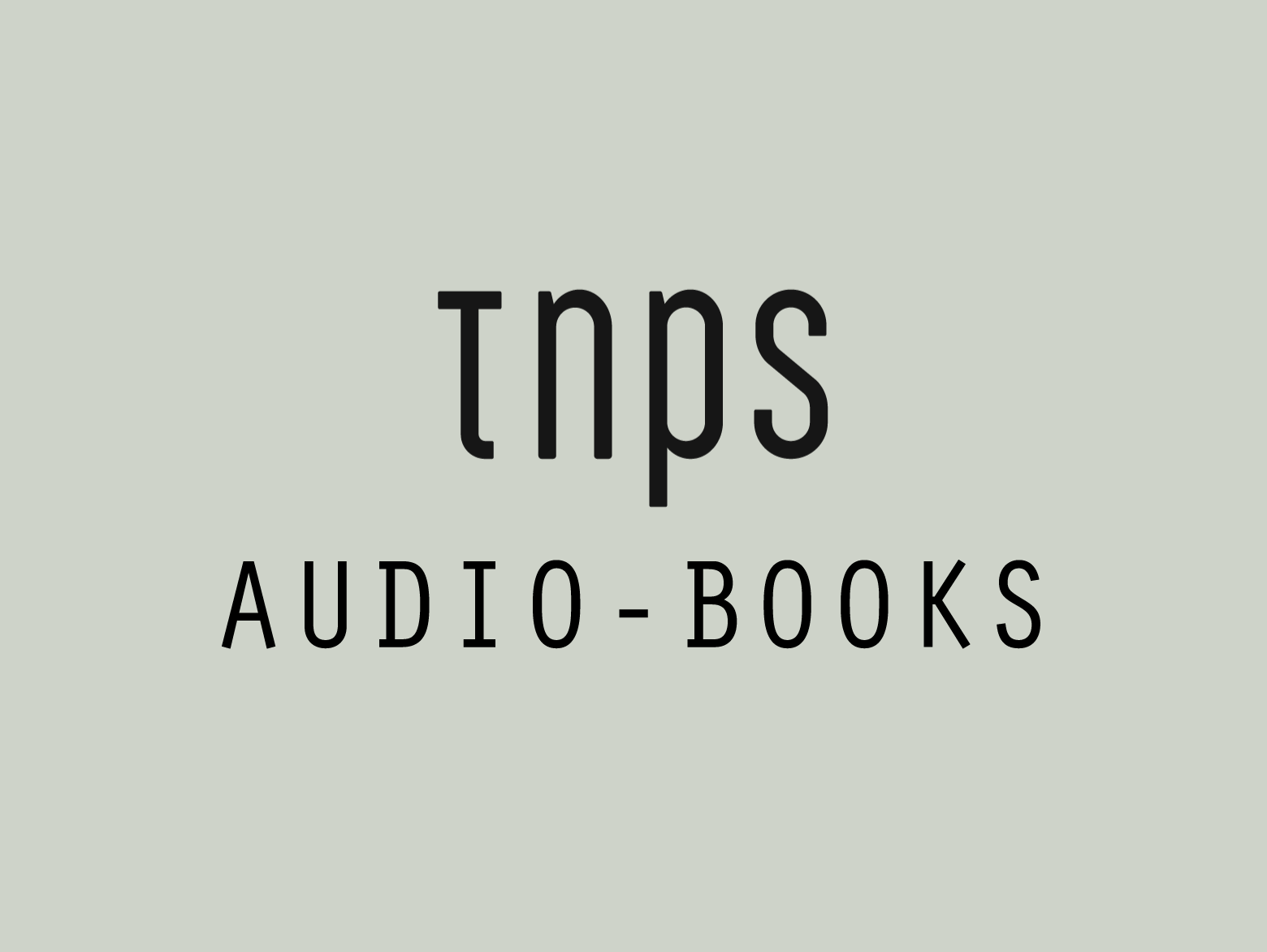Peco launched its Railways Modeller backlist in its entirety on October 13 2021, and saw an immediate boost in pages read to the tune of 664% in the weeks immediately after launch, before leveling off at a much higher level than previously.
Railway Modeller, reports What’s New In Publishing, is “Britain’s most popular model railway monthly magazine.”
Railways, trains and model railways are of course also a lucrative non-fiction book publishing segment, but this post will explore the bigger picture behind Railway Modeller’s decision to put its entire backlist of 800 issues online for free.
Dating back to 1949, the 800+ issues span seven decades, but in the world of magazine and news publishing, as with books, frontlist is king, or so publishers take as read in a physical world where shelf-space is premium.
And publishers, be they news, magazine or book publishers, like to stay within their comfort zones, so not thinking outside the publishing box is always the path of least resistance.
But Peco, Railway Modeller’s Devon, UK publisher, had the foresight to pay attention to the data coming in from various publishing sectors, not least the unlimited magazine subscription platform Readly, which in 2020 launched its Retro series to highlight its backlist content, having itself crunched its own numbers to realise 20% of Readly subscribers were accessing backlist magazines with no promotion or encouragement.
It comes at a time of increased attention on magazine back issues in digital form. In July 2020, Readly launched its ‘Retros series‘ with the ambition to make nostalgic content and back issues available again. The launch came off the back of figures that showed approximately 22 per cent of Readly’s UK subscribers regularly access back issues.
Chris Couchman, Head of Content at Readly, reportedly said at the time that (quoting What’s New In Publishing):
Not only do retro issues address a clear reader desire for more archived content, they also help increase interest across publishing titles (echoing a trend seen by Exact Editions).
The upshot of all this being Peco launched its Railway Modeller backlist in its entirety on October 13 2021, and saw an immediate boost in pages turned of 664% in the weeks immediately after launch before leveling off at a much higher level than previously.
Added to which Railway Modeller saw a,
Sharp 54% uptick in web subscriptions to the title overall, as well as a 20% uplift for its app subscriptions due to a surge in interest in the title.
For book publishers the lessons should be obvious, but as PRH showed us with its crass decision to pull all its titles from unlimited subscription platforms globally, not all publishers are seeing the bigger picture, so let’s briefly remind ourselves of what PRH authors are now missing out on.
There’s much to be said for the argument that unlimited subscription, depending on the remuneration model on offer, pays less than would be brought in from a standard retail sale.
But balancing that is the reality that most backlist titles, be they books or magazines, do not get much attention from the consumer, and the primary reason for that is that they are at best unseen and more often simply not available in the bricks and mortar stores where space is at a premium, and often not available in digital format because the publishers has not seen fit to meaningfully digitise its backlist.
And where the backlist is digitised it’s usually the case that the publisher is not promoting these titles in any way, leaving it to the algorithms of the retail platform to do the publishers’ work for them, or they are over-priced.
The effective outcome of such being that the backlist is largely a backwater for sales.
Yet by offering these titles in unlimited subscription services the publisher has the option to bring to life its entire backlist, and with some thoughtful promotion can revive these titles’ fortunes.
At the very least it’s a matter of x-percent of something as opposed to 100% of nothing, as PRH authors who were previously bringing in revenue from Scribd, Bookbeat, Nextory, Storytel, etc, will now be finding.
But subscription can also drive frontlist sales, not least by allowing consumers to, risk-free, experiment with new author names and even new genres.
Even for publishers with “dead-cert” author brands the opportunity is there to use unlimited subscription to window releases or simply to release on unlimited subscription platforms in selected regions.
Taking Storytel as an example, English-language content makes up a small but not insignificant portion of Storytel’s downloads, and safe to say most English-language consumers in Storytel markets like Sweden, Finland, Thailand, South Korea, UAE, and any other of Storytel’s 25 markets, were not regularly paying full price to buy à la carte English-language titles from American or British retail sites (always assuming territorial rights restrictions allowed the possibility).
Repeat for Bookmate, 24Symbols, Nextory, BookBeat, Kobo Plus and any number of other unlimited subscription services that primarily cater for consumers outside the US, UK, Canada, New Zealand and Australia, and repeat too for other languages.
It’s all too easy for publishers to fall into the trap of their own creation and adopt the faux argument that unlimited subscription platforms don’t bring in much revenue for the publisher or author, conveniently overlooking that fact that they have taken a conscious decision not to make their titles widely available on these platforms, thus ensuring that is the case..
Unlimited subscription is not a black and white topic for publishers. Different models offer different opportunities and returns. But it’s not rocket science to grasp that if a publisher does not let its authors’ titles on these platforms then those authors, and the publisher, will not earn from those platforms.
The author loses. The publisher loses. And the consumer loses.
Yet as Railway Modeller publisher Peco has found these past three months, there’s gold in those there retro titles.
It’s really hard to imagine by what bizarre accounting procedure PRH came to the conclusion that removing all titles from all unlimited subscription platforms somehow worked in the authors’ – or the company’s – favour.





